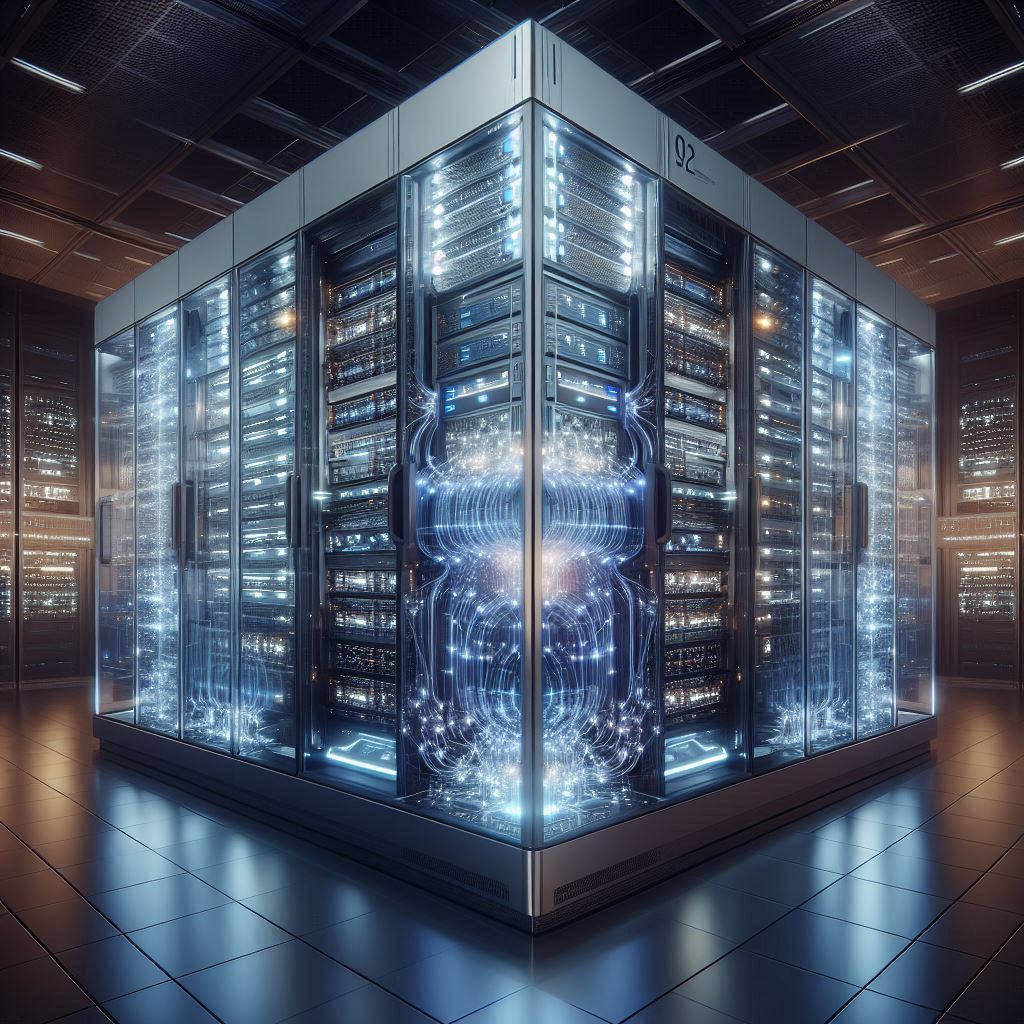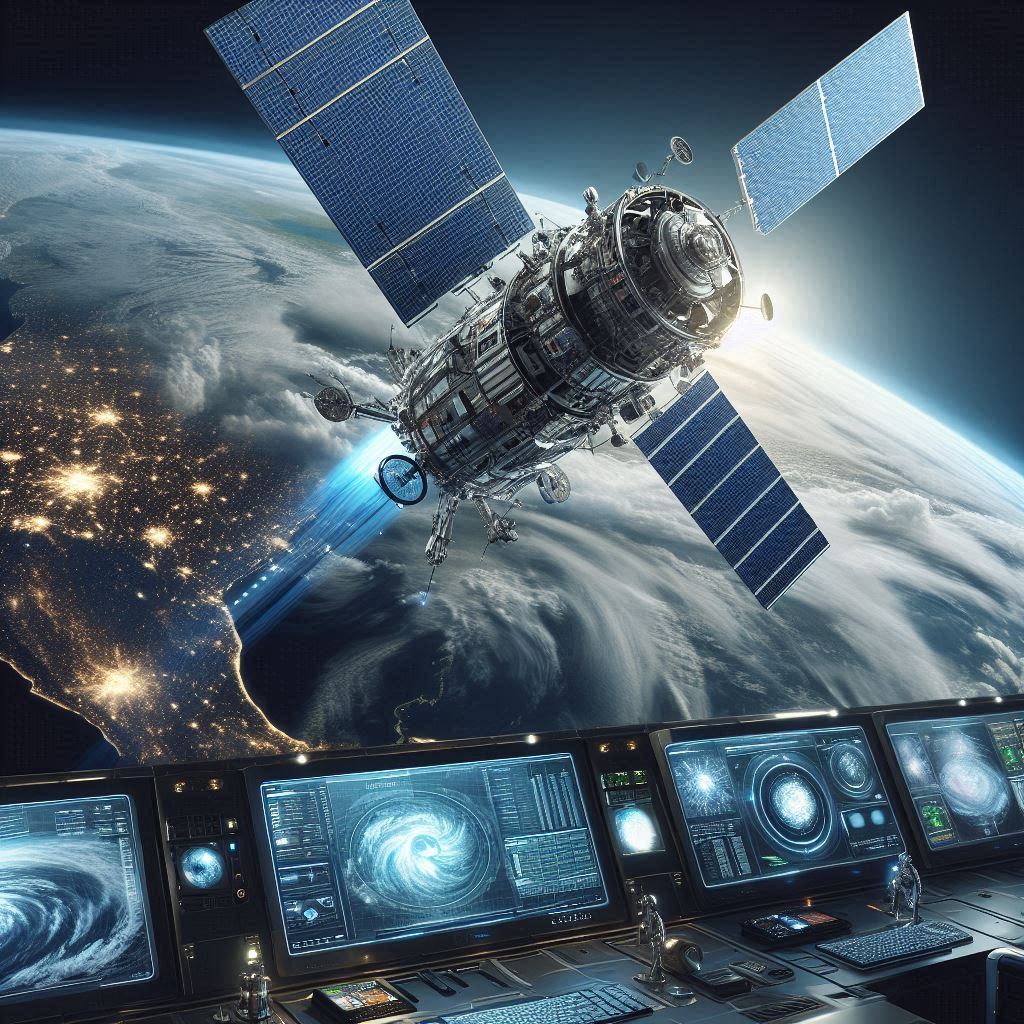Supercomputers in 2023
The Hidden Engines Changing Your World
Let’s talk about the machine that predicted today’s rainstorm, helped design your smartphone’s camera, and might cure Alzheimer’s. No, it’s not a sci-fi AI overlord. It’s a supercomputer—a room-sized beast that crunches numbers faster than you’ve ever imagined. And in 2023, these machines aren’t just for scientists in lab coats. They’re quietly shaping your life, from the weather app you check at breakfast to the new drug that could save your grandma.
“Wait, How Fast Is Fast?” Let’s Break It Down
Imagine every person on Earth solving a math problem every second. Now imagine them working nonstop for four years. That’s how much math the Frontier supercomputer (Oak Ridge’s pride) does in one second. It’s like Usain Bolt racing against toddlers—except the toddlers are your laptop, and Bolt is a machine that uses enough electricity to power a small town.
But speed isn’t the only party trick. Modern supercomputers are getting smarter. Take Japan’s Fugaku. During COVID, it modeled how the virus spreads in a crowded subway—research that likely saved thousands of lives. And Finland’s LUMI? It runs on hydropower, because even supercomputers are trying to be carbon-neutral now.
The 2023 Supercomputer Hall of Fame
Let’s cut through the jargon. Here’s what these machines actually do (and why they matter to you):
| Supercomputer | Location | Real-World Impact |
|---|---|---|
| Frontier | Tennessee, USA | Simulates nuclear fusion (think: clean energy) and designs quieter wind turbines. |
| Fugaku | Kobe, Japan | Predicts tsunami patterns and speeds up cancer drug trials. |
| LUMI | Finland | Designs eco-friendly batteries and tracks Arctic ice melt. |
| Aurora | Illinois, USA | Maps the human brain to fight diseases like Parkinson’s. |

“Cool, But Why Should I Care?”
Glad you asked. Let’s get real:
Your Weather App Isn’t Guessing
That “30% chance of rain” notification? Thank NASA’s Pleiades supercomputer. It processes data from satellites, ocean buoys, and airplanes to predict storms. Last year, it helped evacuate 2 million Floridians before Hurricane Ian hit.Netflix’s “Top Picks for You” Isn’t Magic
Supercomputers train the AI that recommends your next binge-watch. They analyze millions of viewing hours to guess whether you’re a true-crime junkie or a rom-com fan.Your Next Pill Might Be a Supercomputer’s Idea
The Summit supercomputer scanned 2.5 billion drug compounds in 10 days to find COVID treatments. Now, it’s tackling opioid addiction. Think of it as a PhD student who never sleeps—and chugs Red Bull by the gallon.
The Dark Side: Energy Hogs and Secret Labs
Here’s the kicker: Frontier uses 21 megawatts of power. That’s enough to light up 15,000 homes. Cooling it requires pipes of liquid snaking through the machine like IV drips. And most of these systems are locked away in government labs—unless you’re a researcher with top clearance, you’ll never touch one.
But change is coming. The EU’s EuroHPC program lets small startups rent supercomputer time for projects, like designing cheaper solar panels. And companies like Cerebras are building smaller, greener machines that fit in a closet.
The Future: What’s Next (and Should We Be Scared?)
Let’s play fortune teller. By 2030:
Your city might have its own mini-supercomputer to predict traffic jams or power outages.
Quantum hybrids (think: supercomputer + quantum processor) could crack unbreakable codes.
AI doctors trained on supercomputers might diagnose rare diseases from a single blood drop.
But here’s the big question: Who controls these machines? Right now, it’s governments and tech giants. But with great power comes… well, you know the rest.

Let’s Get Personal: What Would You Do With a Supercomputer?
I’ll go first: I’d simulate every possible guitar riff to write the ultimate rock anthem. Or maybe calculate the fastest route to avoid school traffic.
Your turn. Cure a disease? Design a flying car? Predict next year’s stock market? (No judgment.)
P.S. If you’re still reading, you’re officially a supercomputer nerd. Welcome to the club.
For more mind-blowing tech stories, check out our deep dive into how quantum computing could reshape your Netflix queue

